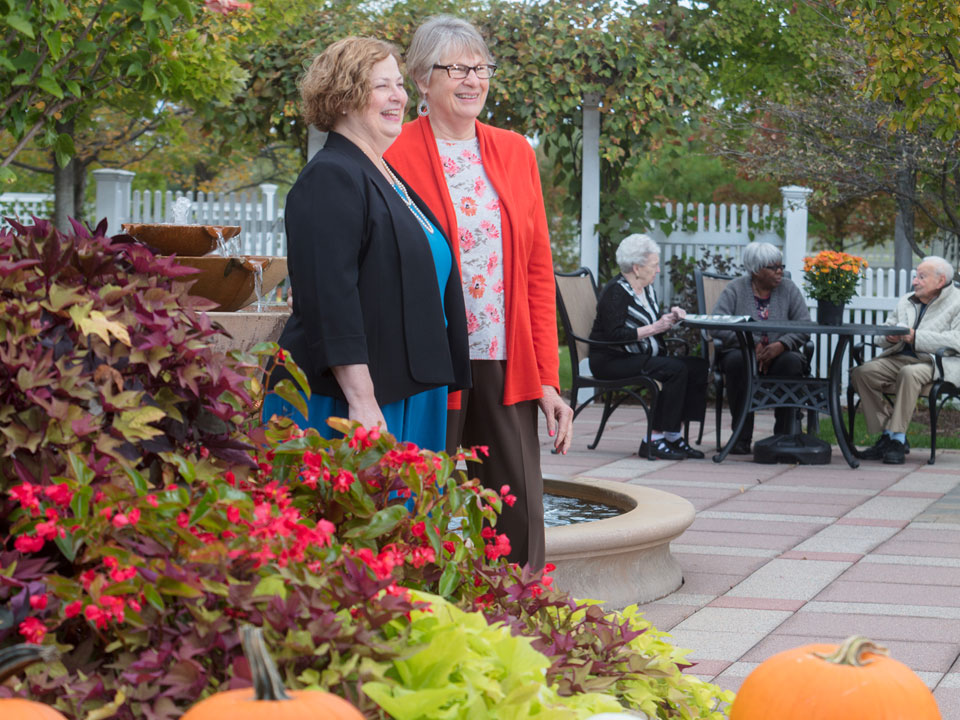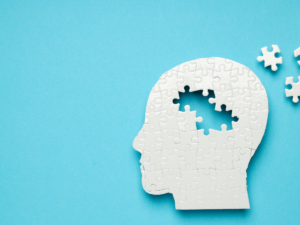Alzheimer’s Disease: Fact vs. Fiction
Join us this month in supporting National Alzheimer’s Disease Awareness Month.
With awareness, there is hope.
While much has been learned about Alzheimer’s disease in recent years, there is still much to know about the elusive neurological disorder. There is an abundance of information available from medical professionals and online sources including the Alzheimer’s Association (alz.org) and WebMd.com, yet misinformation still abounds. We’ve compiled a list of common questions about the disease and provided answers based on the latest information.

Do only older people get Alzheimer’s disease?
No. While the majority of people who have Alzheimer’s disease are age 65 or older, people in their 30s, 40s, or 50s can develop what is called early-onset Alzheimer’s. However, chances of developing the disease do increase with age.
Isn’t memory loss just a normal part of the aging process?
Yes, some degree of memory loss is normal for everyone. However, there are certain symptoms to look for if you suspect a more serious memory problem like Alzheimer’s disease. Withdrawal from social situations, changes in personality and mood, confusion about date and time, and lapses in judgment combined with memory concerns are symptoms that should be discussed with a doctor.
Are there any treatments for Alzheimer’s disease?
There is no known cure for Alzheimer’s disease. Though FDA-approved drugs have been shown to temporarily slow progression of symptoms for about 6-12 months for roughly half the people who take them.
Do people with Alzheimer’s know they have the disease?
Most people with Alzheimer’s know that something is wrong — especially in earlier stages of the disease. They sense memory lapses that can be frustrating and even cause depression. In later stages, people with Alzheimer’s are less aware of the disease as cognition deteriorates.
What can I do?
If you are concerned that you or a loved one may have Alzheimer’s, talk to a medical professional. There are many causes of memory impairment, and it is important to have a proper diagnosis and take appropriate action.
If you are interested in learning more about the highest standard in Alzheimer’s disease and dementia care at Parc Provence, call us today at (314) 697-2081 to schedule a tour. We are here to help you when every moment matters.





